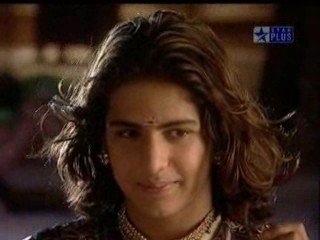
Imagining the Rajput past in Mughal-era Mewar The heroic vision of an elite regional epic Literary trajectories of the historic kingĭelhi in the making of the last Hindu emperor List of illustrations Acknowledgments Note on transliteration and citation List of abbreviations

40223092–dc23 2015020424 ISBN 978-6-0 Hardback Cambridge University Press has no responsibility for the persistence or accuracy of URLs for external or third-party internet websites referred to in this publication, and does not guarantee that any content on such websites is, or will remain, accurate or appropriate. Prthviraja, King of Ajmer and Delhi, 1159–1192–Public opinion. Prthviraja, King of Ajmer and Delhi, 1159–1192–Influence. pages cm Includes bibliographical references and index. The last Hindu emperor : Prithviraj Chauhan and the Indian past, 1200–2000 / Cynthia Talbot (University of Texas at Austin). First published 2016 Printed in the United Kingdom by Clays, St Ives plc A catalogue record for this publication is available from the British Library Library of Congress Cataloguing in Publication data Talbot, Cynthia. Subject to statutory exception and to the provisions of relevant collective licensing agreements, no reproduction of any part may take place without the written permission of Cambridge University Press. Information on this title: © Cynthia Talbot 2016 This publication is in copyright. It furthers the University’s mission by disseminating knowledge in the pursuit of education, learning and research at the highest international levels of excellence. University Printing House, Cambridge CB2 8BS, United Kingdom Cambridge University Press is part of the University of Cambridge. The Last Hindu Emperor Prithviraj Chauhan and the Indian Past, 1200–2000 Cynthia Talbot University of Texas at Austin Cynthia Talbot is Associate Professor of History and Asian Studies at the University of Texas at Austin. The Last Hindu Emperor sheds new light on the enduring importance of heroic histories in Indian culture and the extraordinary ability of historical memory to transform the hero of a clan into the hero of a community, and finally a nation.

Despite being overthrown, however, his name and story have evolved over time into a historical symbol of India’s martial valor. In modern times, the Chauhan King has been referred to as “the last Hindu emperor,” because Muslim rule prevailed for centuries following his defeat. Surveying a wealth of narratives that span more than 800 years, Cynthia Talbot explores the reasons why he is remembered and by whom. This fascinating new study traces traditions and memories relating to the twelfth-century Indian ruler Prithviraj Chauhan: a Hindu King who was defeated and overthrown during the conquest of Northern India by Muslim armies from Afghanistan.


 0 kommentar(er)
0 kommentar(er)
